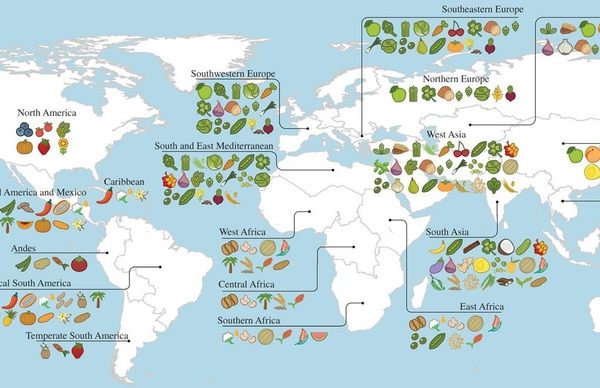
A Brief History of Russian Science Fiction by Alex Shvartsman : Clarkesworld Magazine – Science Fiction & Fantasy
It’s telling that the Russian term used to describe speculative fiction doesn’t distinguish between science fiction and fantasy. The word is fantastika (фантастика)—the literature of the fantastic. It is used equally to reference the Three Laws stories of Asimov and the Middle Earth tales of Tolkien. It is this lack of distinction—combined with Russia’s rich heritage of fairy tales and its rigorous education in mathematics and the sciences—that may be responsible for so many genre-bending tales penned by Russian-speaking authors, which have become classics of world literature. The history of Russian fantastika is inseparable from the history of Russia itself, and the political, economic, and social forces that have shaped it over the course of the twentieth century.
Russians were early adopters of the genre, with a number of science fiction novels appearing in the late nineteenth century. Rocket scientist Konstantin Tsiolkovsky wrote several such novels to popularize his ideas about space exploration among young readers. A number of other authors followed in the footsteps of H. G. Wells and Jules Verne, whose works were popular in translation and remain so even now. From the earliest days, Russian readers of genre literature looked outward, with translations from English, French, Polish, and a variety of other languages matching or exceeding the popularity of domestic offerings.

















